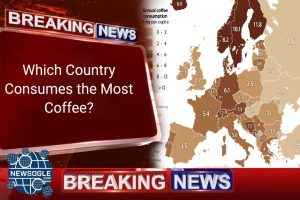As former President Donald Trump reenters the political arena and engages in high-stakes diplomacy with Russian President Vladimir Putin, the global spotlight is once again on their contrasting leadership styles and the implications for international relations. Putin, a seasoned strategist with a history of leveraging negotiations for geopolitical gains, appears poised to exploit Trump’s unpredictable and transactional approach. With the Ukraine war and broader U.S.-Russia relations at stake, Putin’s calculated moves suggest he believes he holds the upper hand in this diplomatic poker game.
Putin’s Negotiation Playbook: Strategy Over Charm
Vladimir Putin is widely regarded as one of the world’s most enigmatic negotiators. His approach is deeply rooted in his KGB training, emphasizing preparation, psychological manipulation, and adaptability. Unlike Trump, who thrives on spontaneity and public theatrics, Putin treats negotiations as a chessboard where every move is deliberate. Observers note that Putin often enters meetings with a mix of aggression and charm, designed to disarm his counterpart and create an illusion of progress.
Putin’s tactics include monopolizing discussions with long monologues to dominate the narrative, as described by former U.S. Ambassador John Beyrle. He frequently opens with a hostile tone before shifting to a more conciliatory demeanor, luring his counterpart into a false sense of camaraderie3. This calculated approach allows him to extract concessions while maintaining control over the conversation.
In his dealings with Trump, Putin is likely to exploit these tactics further. Trump’s preference for one-on-one meetings without extensive briefings or aides plays directly into Putin’s hands, providing the Russian leader with an opportunity to steer discussions unchallenged38.
Trump’s Negotiation Style: The Wild Card
Donald Trump’s negotiation style is characterized by unpredictability, bold opening gambits, and a relentless focus on framing outcomes as “wins” or “losses.” His approach often involves creating perceived urgency and leveraging public platforms to pressure opponents4. While these tactics have proven effective in some contexts, they also leave Trump vulnerable to manipulation by more calculated adversaries like Putin.
For instance, during their past interactions, Trump has shown a willingness to engage in unstructured discussions that prioritize personal rapport over substantive policy agreements. This dynamic was evident in their Helsinki summit in 2018, where Trump appeared deferential to Putin on issues like election interference3. Such moments underscore how Putin could exploit Trump’s desire for quick victories and headline-grabbing deals.
The Ukraine Factor: A Test of Wills
The ongoing war in Ukraine serves as a critical backdrop for the renewed dialogue between Trump and Putin. Russia’s invasion of Ukraine has drawn widespread condemnation from the West, but Moscow continues to frame the conflict as a response to NATO’s eastward expansion7.








